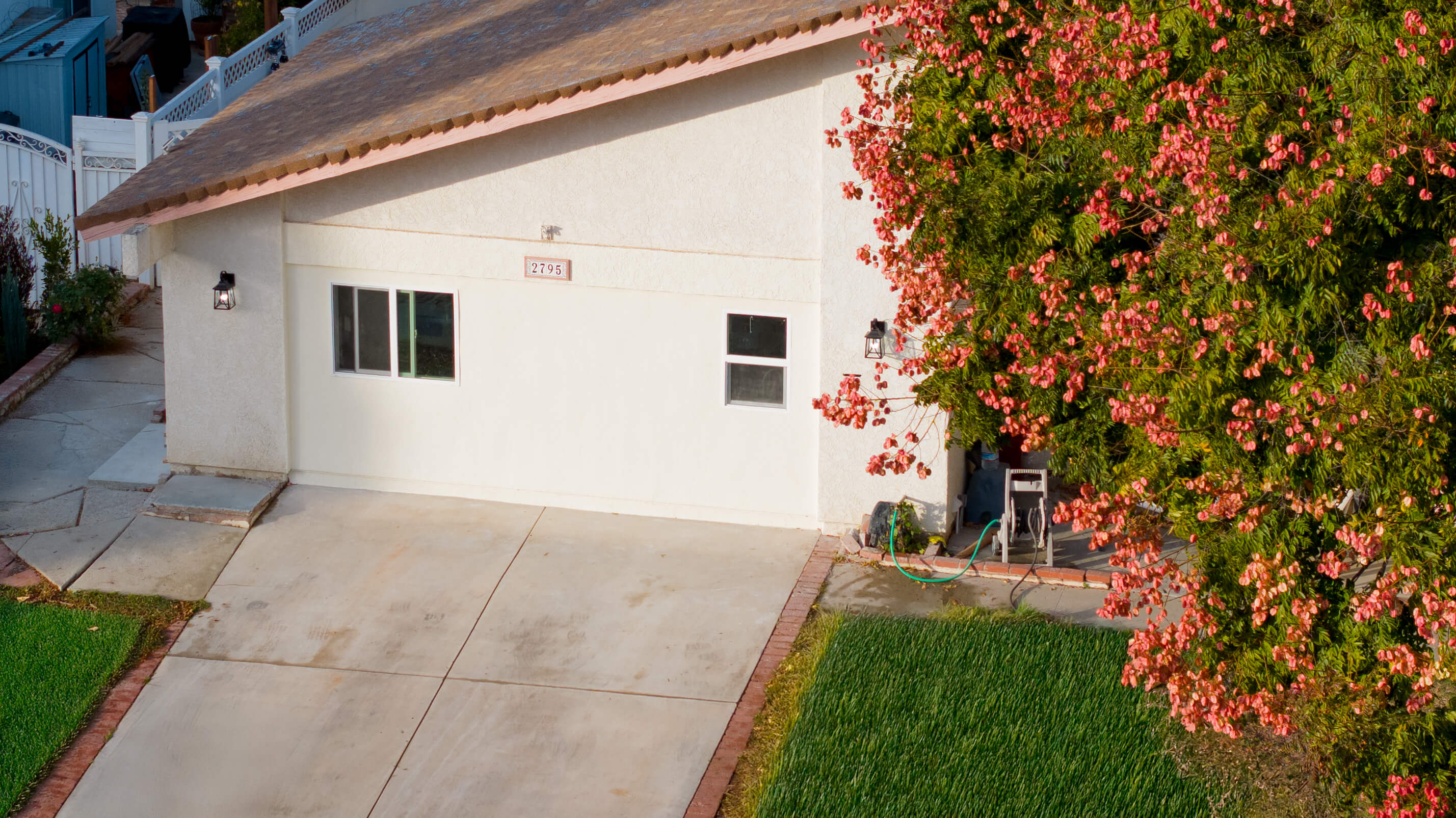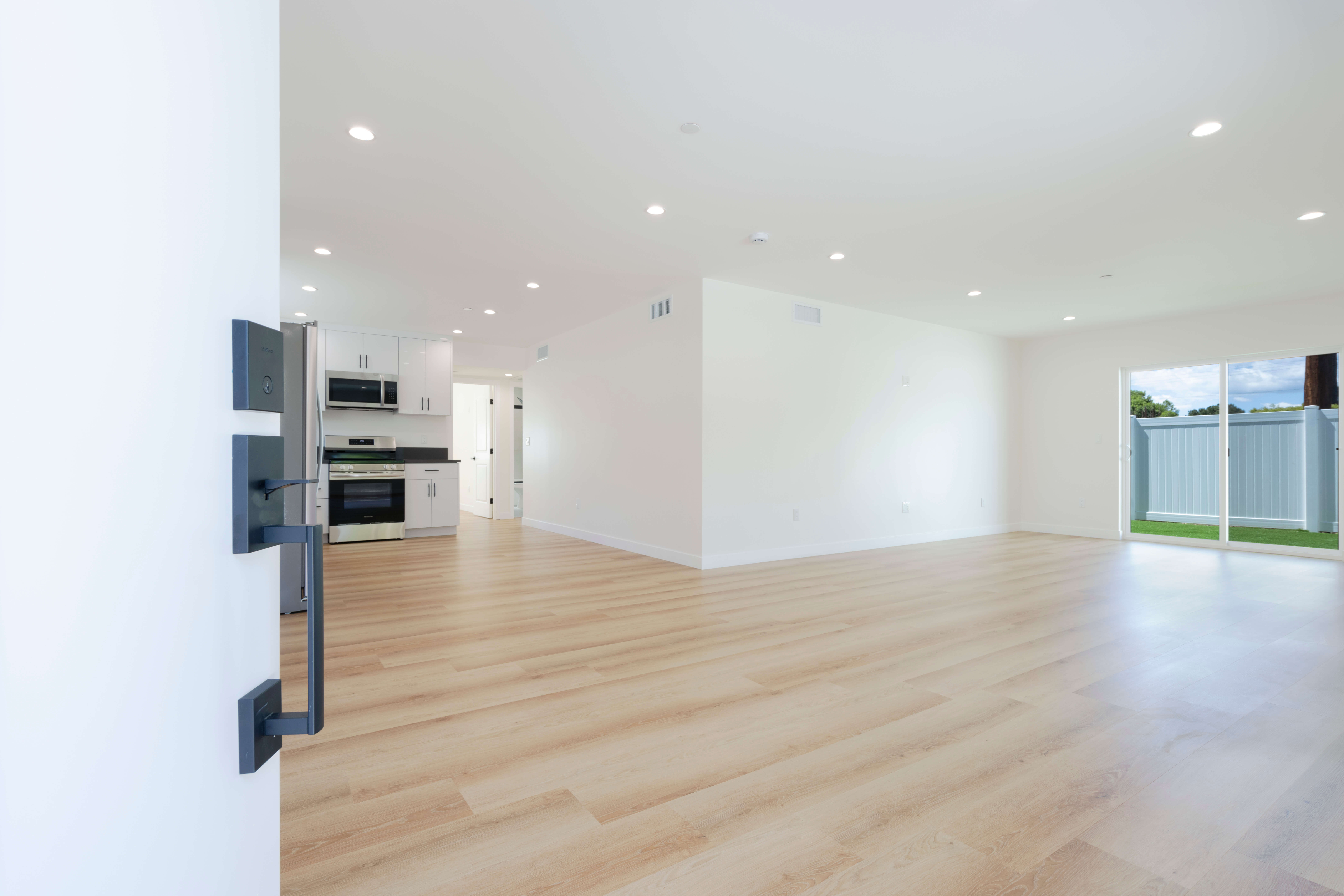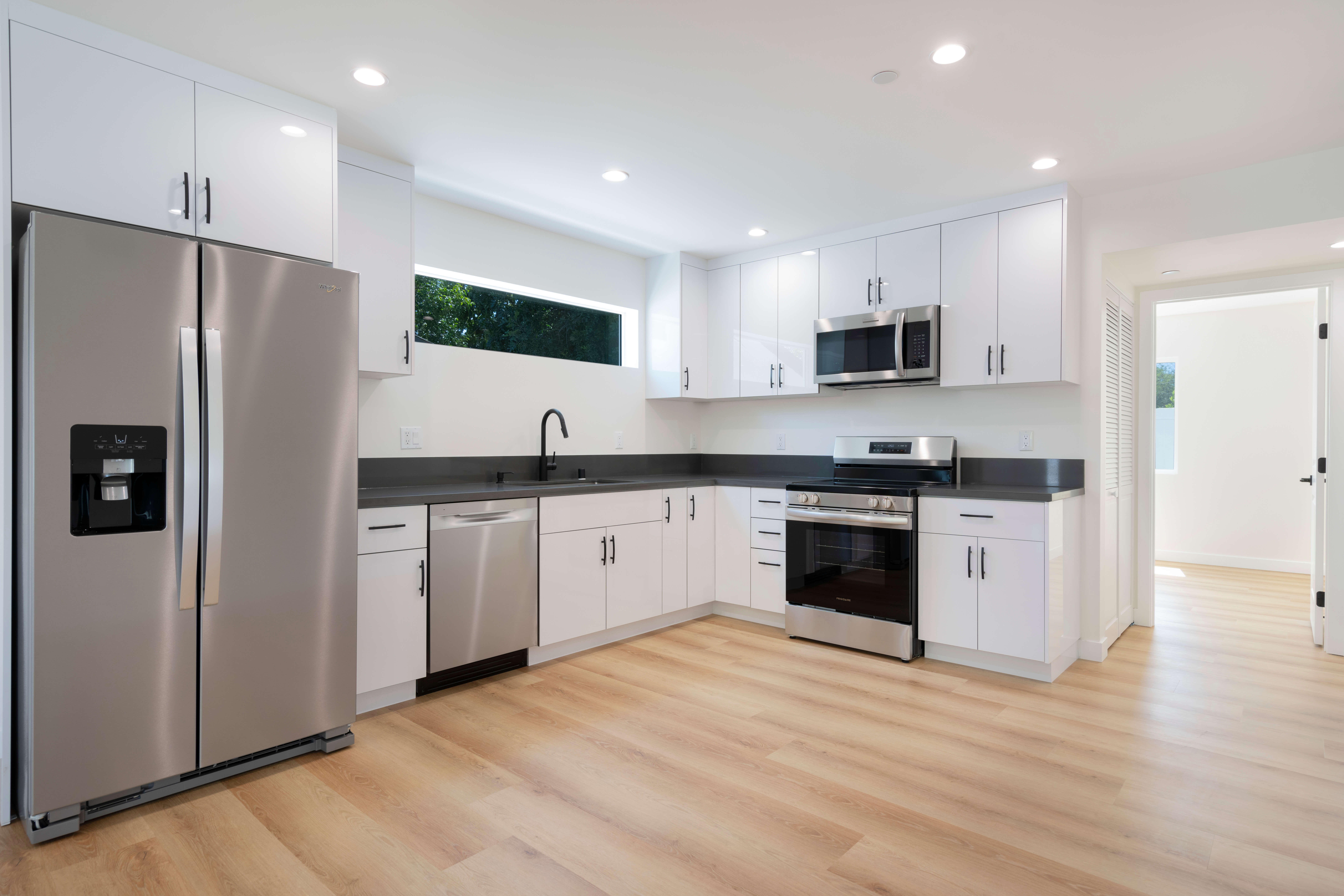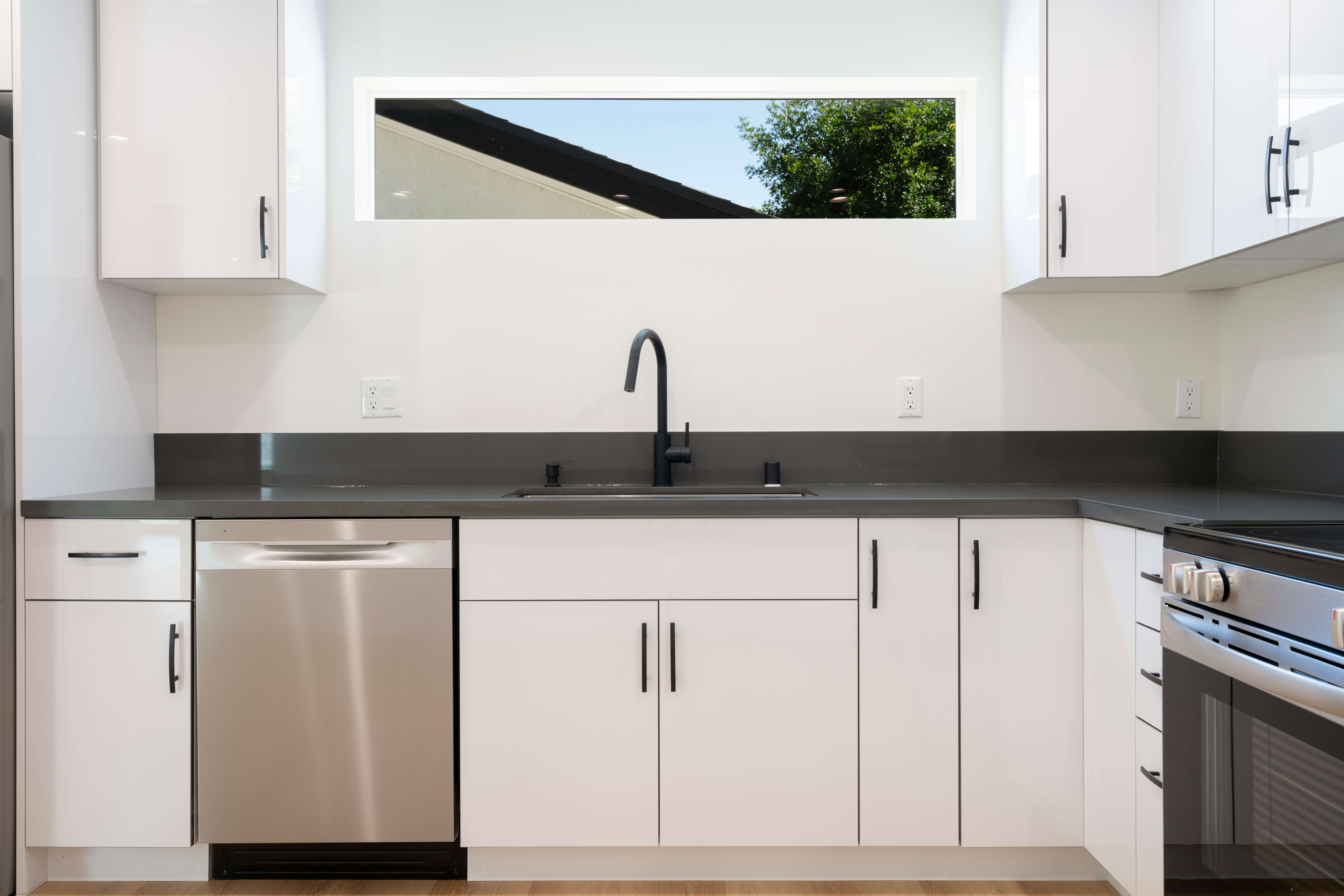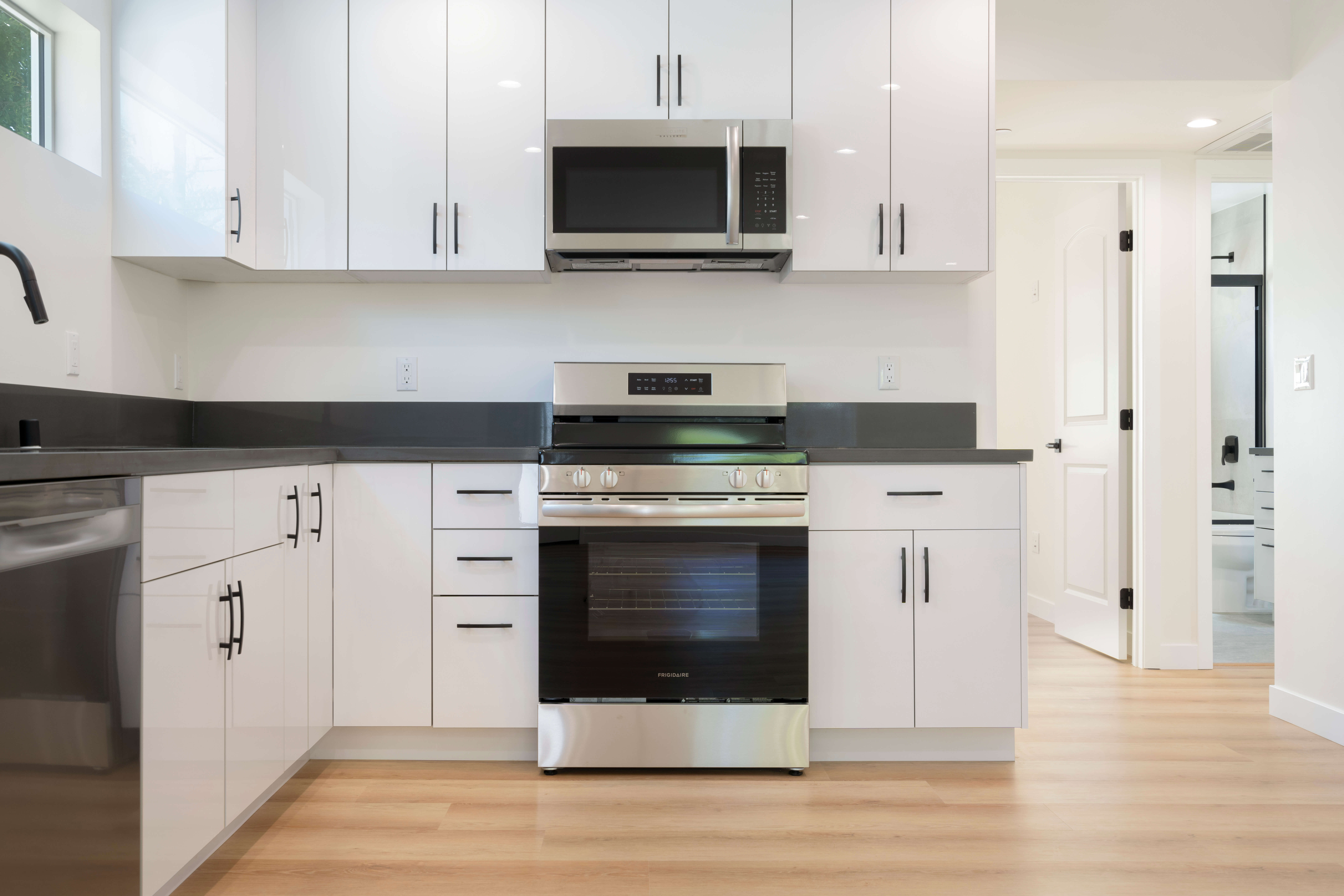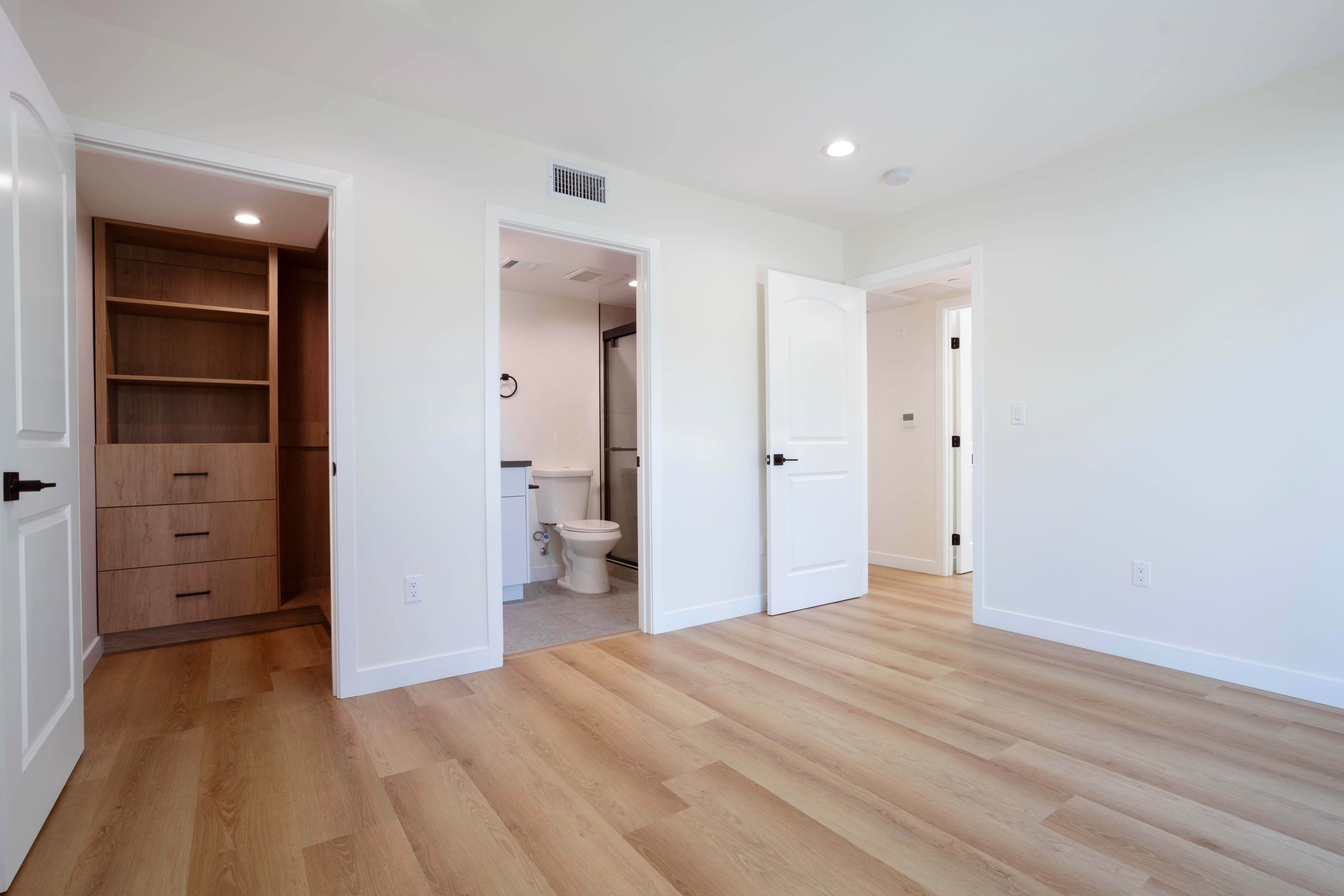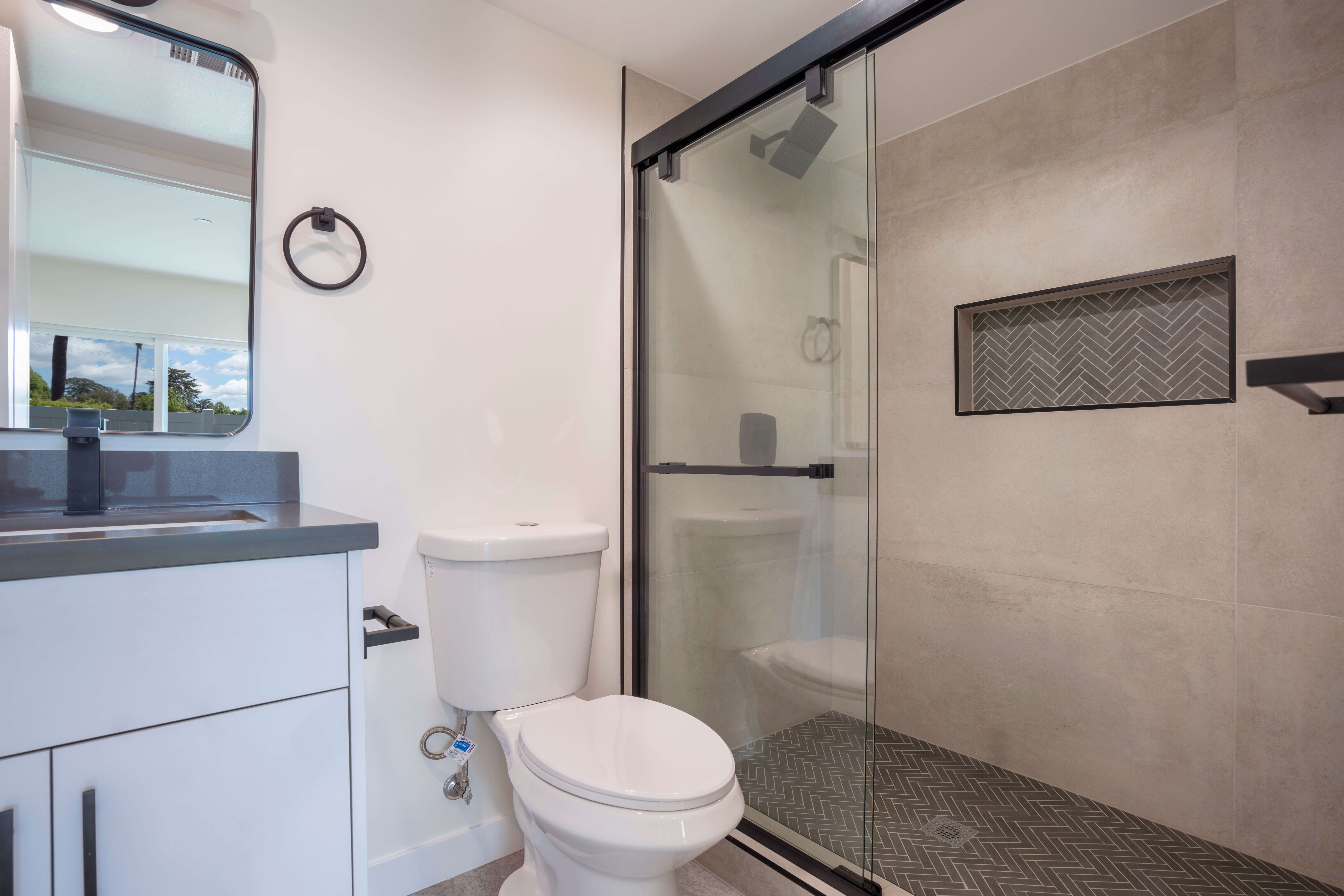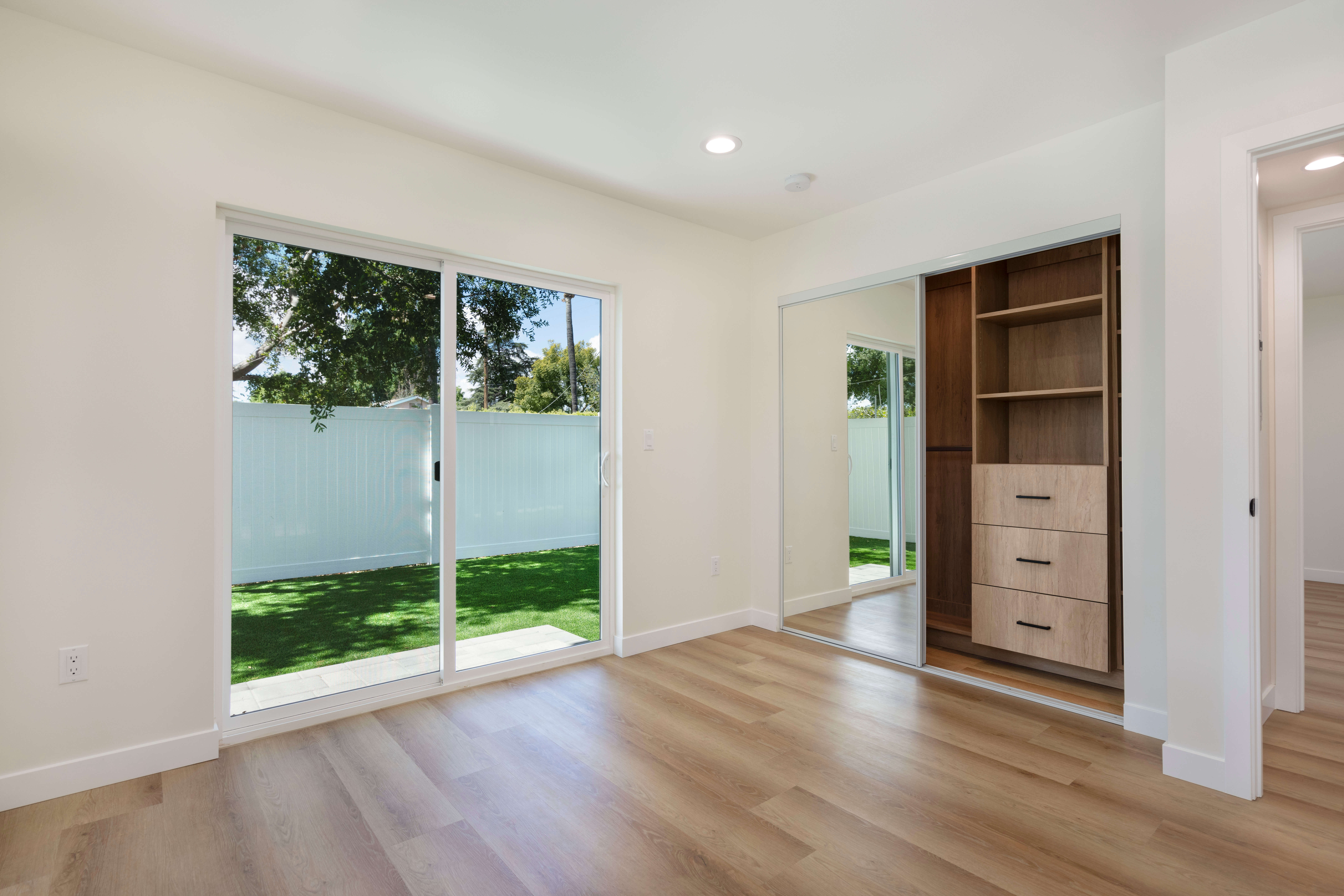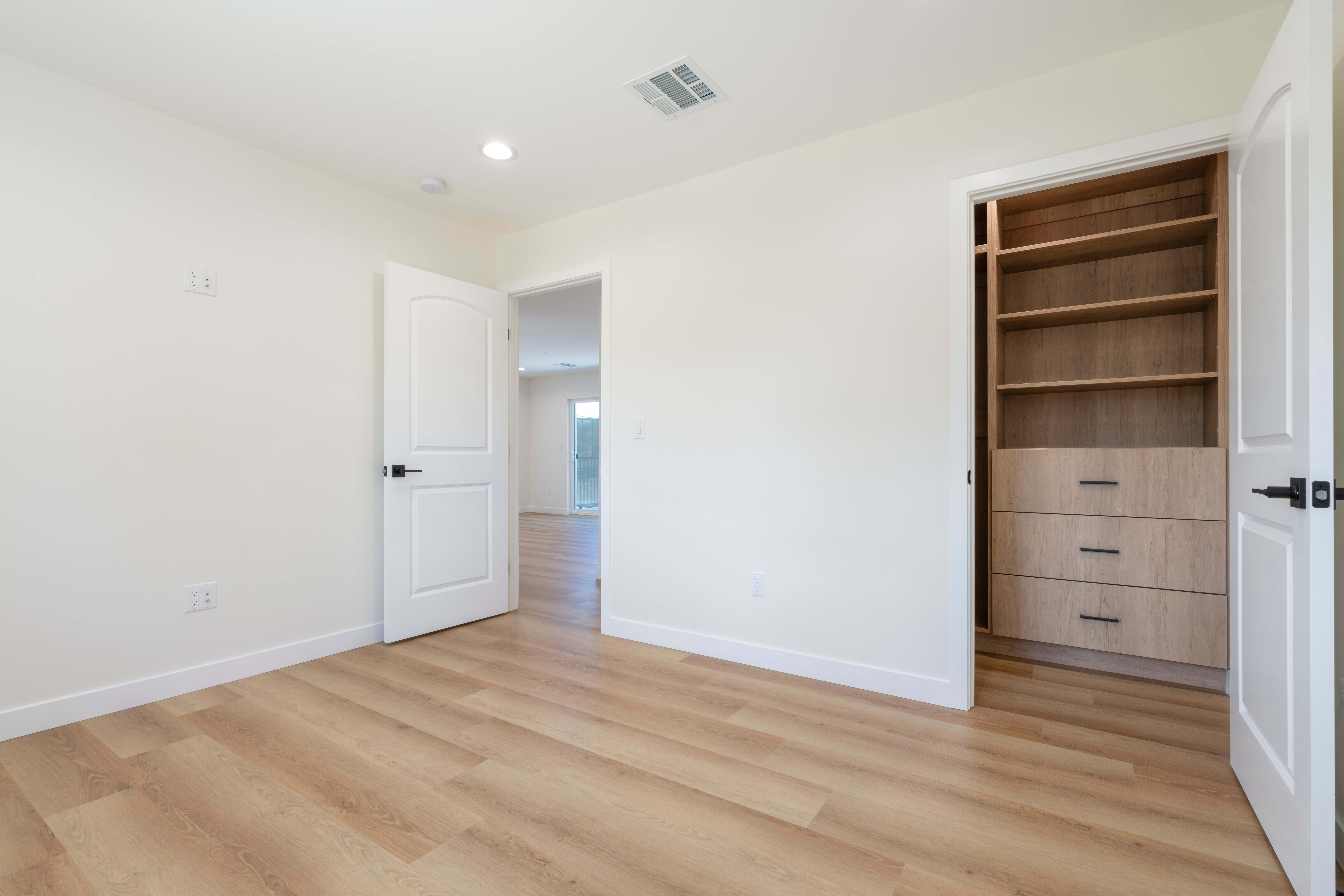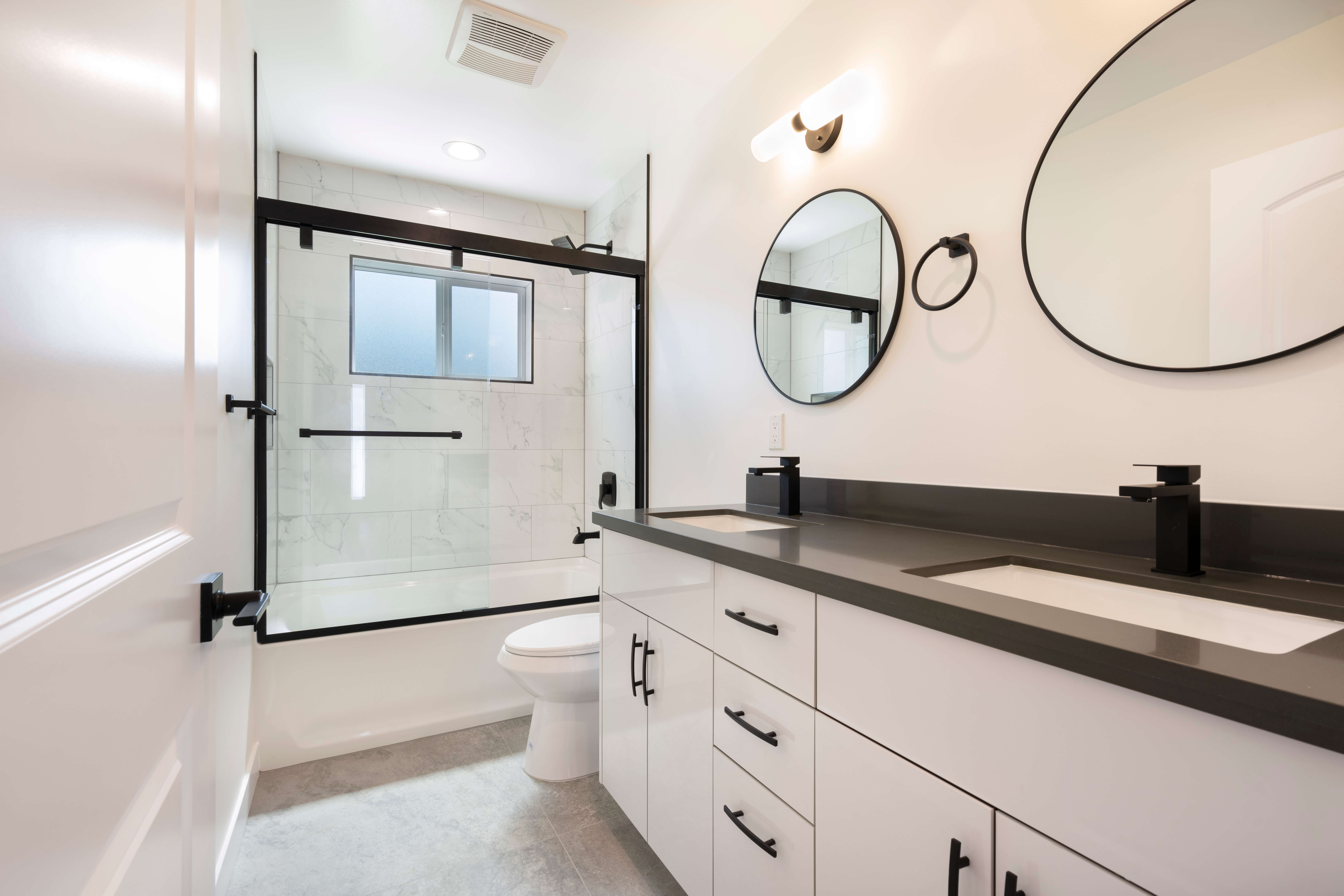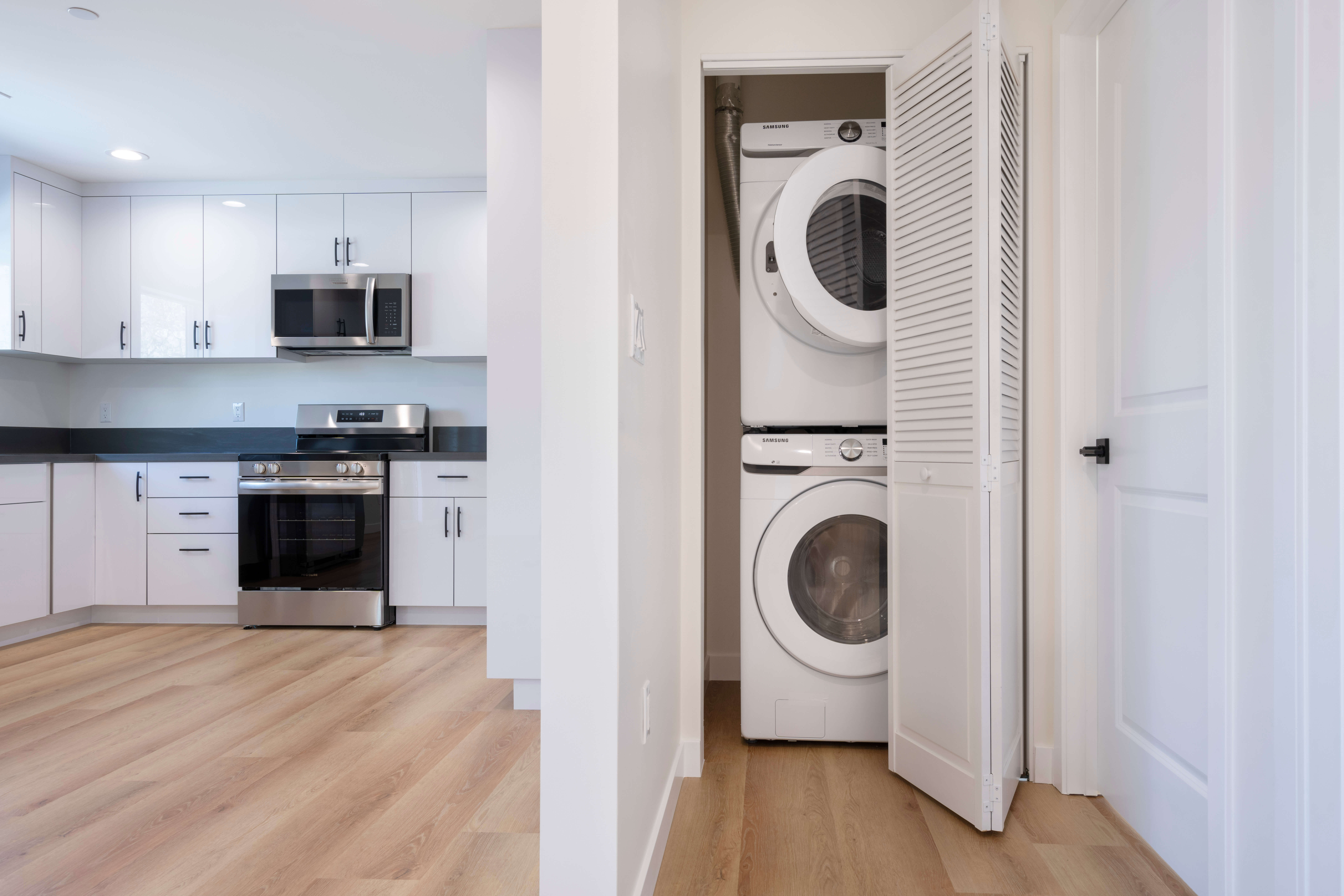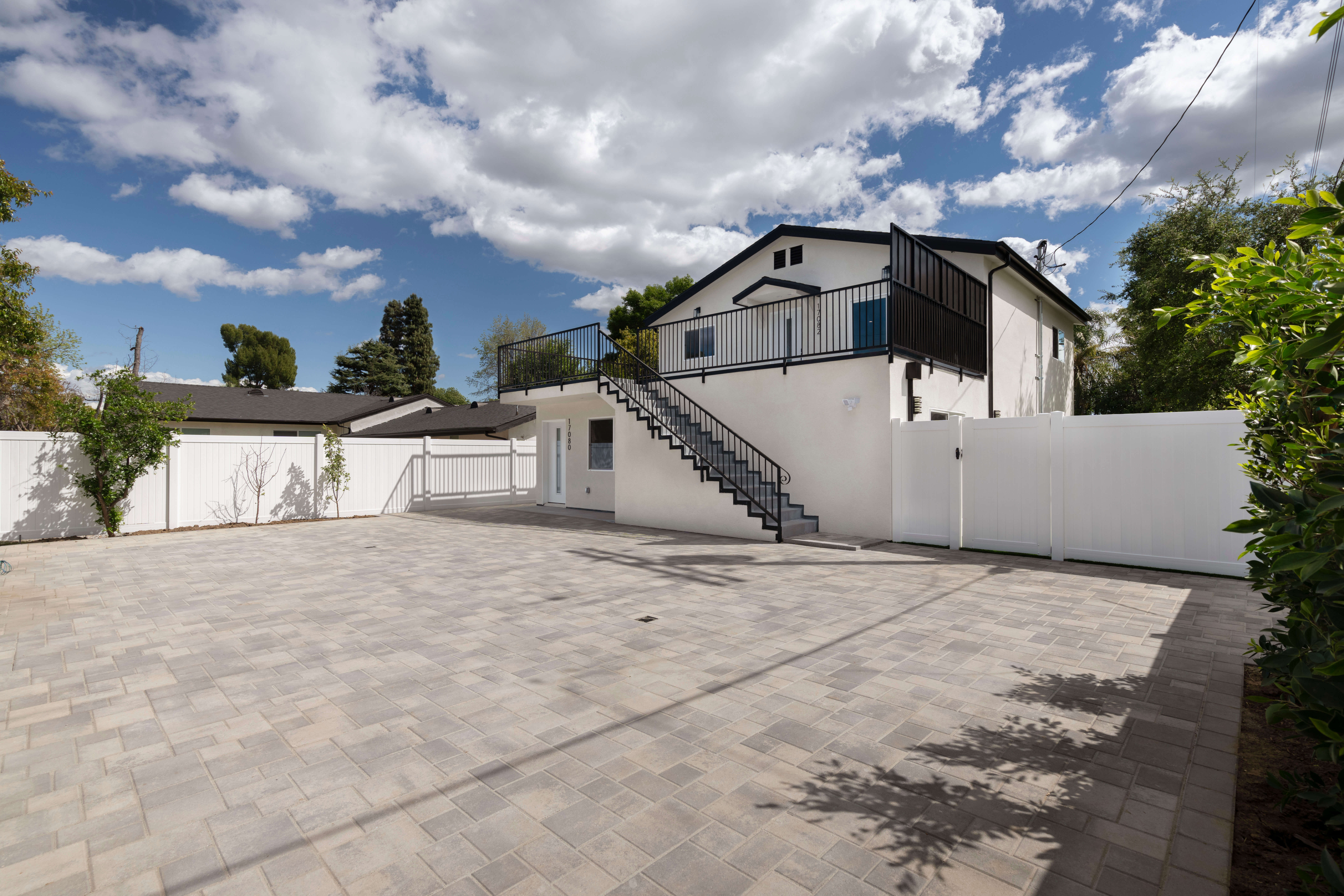Your trusted Atlanta ADU Builders. Plans, Permits, Construction.
Atlanta's premier ADU builders offering expert planning, design, permitting, and construction services for your Atlanta accessory dwelling unit project. Create more space, generate rental income, or accommodate family with a custom backyard cottage.
Our Comprehensive Atlanta ADU Services
From initial design to final construction, we handle every aspect of your Atlanta ADU project, providing expert guidance at every step.
ADU Plans
Customized architectural designs that maximize space and meet Atlanta's zoning requirements.
- Custom floor plans
- 3D renderings
- Design consultations
Engineering
Structural and systems engineering to ensure your ADU is built to last.
- Structural calculations
- MEP engineering
- Site assessments
Permitting
Navigate Atlanta's permitting process with our expert guidance.
- Permit applications
- Zoning compliance
- Inspections coordination
Construction
Quality construction services to bring your ADU project to life.
- Licensed contractors
- Project management
- Quality assurance
Benefits of Atlanta ADUs
Discover how an accessory dwelling unit can enhance your Atlanta property value and lifestyle with expert ADU builders.
Rental Income
Generate additional monthly income by renting out your ADU to long-term or short-term tenants.
Property Value
Increase your property's market value by adding usable square footage and rental potential.
Multigenerational Living
Create a comfortable, private space for aging parents or adult children while maintaining proximity.
Home Office
Create a dedicated work-from-home space that's separate from your main living area.
Sustainable Living
ADUs promote efficient land use and can be built with eco-friendly materials and systems.
Aging in Place
Create an accessible living space that allows you to stay in your community as you age.
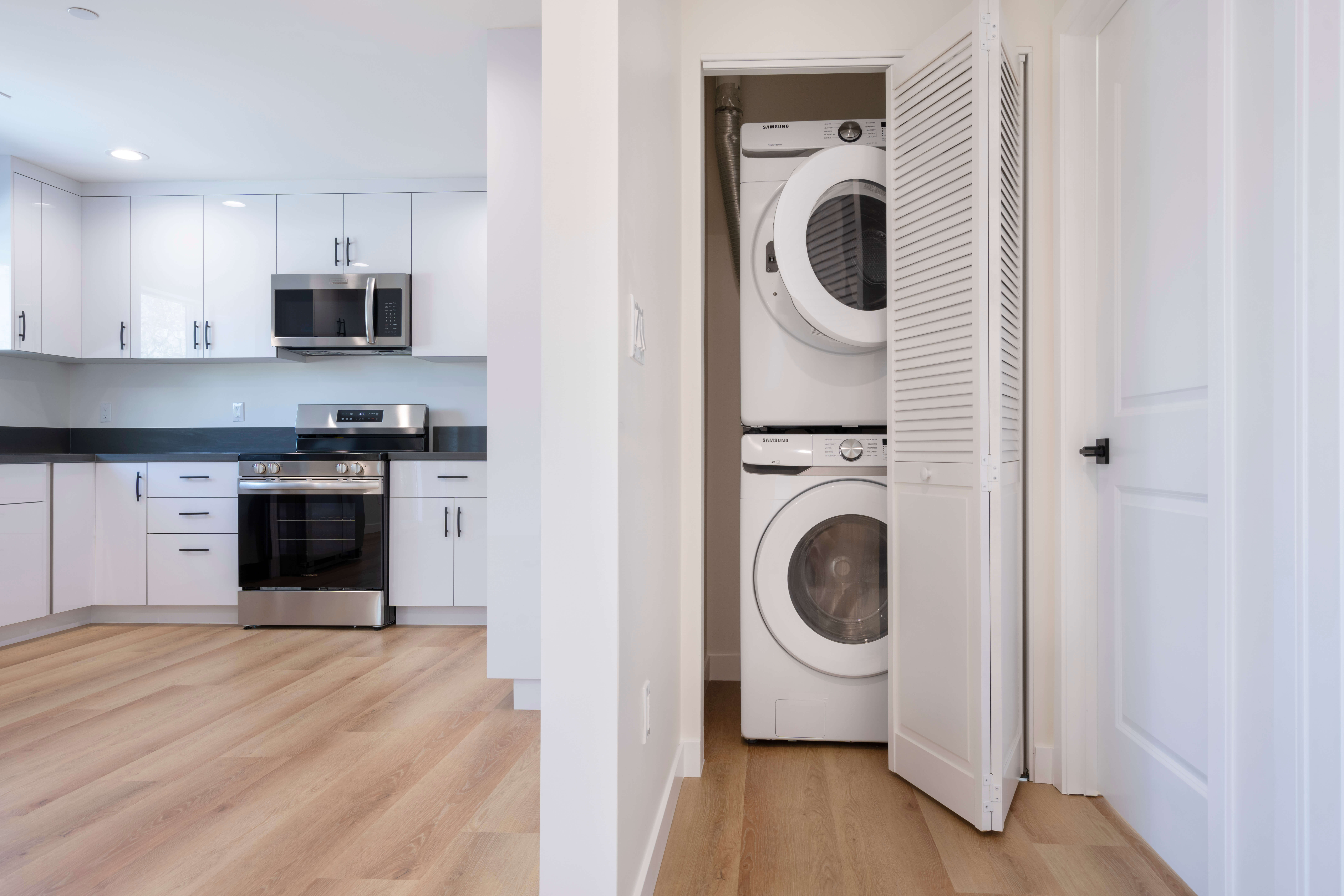
Transform Your Atlanta Property with an ADU
Add value to your Atlanta property while creating flexible living spaces with a custom accessory dwelling unit that meets your family's changing needs and navigates Atlanta's zoning regulations.
Maximize Property Value: Increase your home's market value with additional living space.
Generate Income: Create rental opportunities with a separate accessory dwelling unit.
Accommodate Family: Provide comfortable living space for family members or guests.
Atlanta ADU Zoning Rules
Understanding Atlanta's zoning regulations for accessory dwelling units.
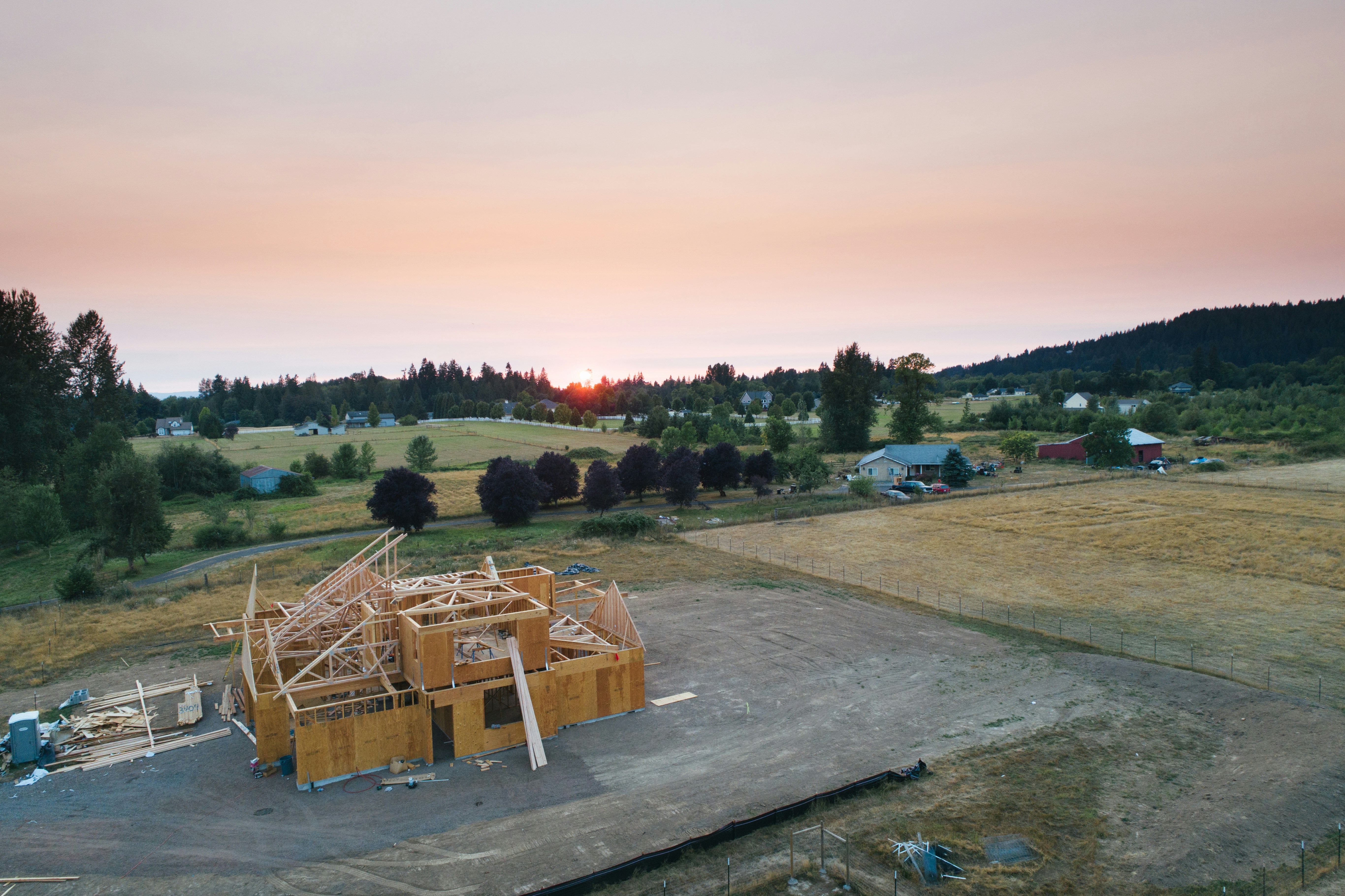
Key Zoning Information
In Atlanta, ADUs are permitted on R-5, R-4, and R-4A-zoned lots. A significant update in 2017 now allows a lot to be split in a zero-lot-line manner, enabling each unit of a duplex to have a distinct ADU.
Height Limit
20 feet maximum
Rear Yard Coverage
25% maximum
Lot Coverage
55% maximum
Floor Area Ratio (FAR)
50% (65% for lots under 7,500 SF)
Side Setbacks
4' in R-5 zones, 7' in R-4 and R-4A
Rear Setbacks
4' in R-5 zones, 15' in R-4 and R-4A
Additional Zoning Details
- ADUs cannot be sold separately from the main house.
- The total number of units on the property cannot exceed two, including the ADU.
- No accessory use for commercial ventures (except home occupations).
- Unit must be 750 SF or less.
- No minimum lot size required.
- No direct access road or designated parking space required.
Atlanta Neighborhoods for ADU Construction
We build custom accessory dwelling units throughout the Atlanta metro area, with special expertise in neighborhoods zoned for ADUs. Our Atlanta ADU builders have extensive experience in these communities.
Intown Atlanta
- Midtown
- Virginia Highland
- Morningside
- Ansley Park
- Old Fourth Ward
- Poncey-Highland
East Atlanta
- Inman Park
- Candler Park
- Kirkwood
- East Atlanta Village
- Grant Park
- Edgewood
West Atlanta
- West End
- Adair Park
- West Midtown
- Westside
- Howell Station
- Capitol View
North Atlanta
- Buckhead
- Brookhaven
- Chastain Park
- Garden Hills
- Collier Hills
- Peachtree Hills
South Atlanta
- Summerhill
- Peoplestown
- Lakewood Heights
- Pittsburgh
- South River Gardens
- Sylvan Hills
Decatur & Adjacent
- Decatur
- Oakhurst
- Druid Hills
- Emory
- North Decatur
- Avondale Estates
Zoning Information
In Atlanta, ADUs are primarily allowed in R-5, R-4, and R-4A-zoned lots. Not sure about your property's zoning? Contact us for a free consultation.
Our Simple ADU Building Process
We make building your Atlanta ADU straightforward from start to finish, with expert guidance at every step.
Initial Consultation
We discuss your Atlanta ADU needs, budget, and timeline while exploring the possibilities for your property and navigating Atlanta zoning regulations.
Design & Planning
Our Atlanta ADU architects create custom designs that maximize your space and meet Atlanta's specific zoning requirements for accessory dwelling units.
Permitting
We handle all the paperwork and approvals needed from the City of Atlanta, navigating complex ADU regulations to ensure your project meets all local requirements.
Construction
Our experienced Atlanta ADU builders construct your accessory dwelling unit with quality materials and superior craftsmanship, ensuring durability and compliance with local standards.
Completion & Handover
We deliver your finished Atlanta ADU along with all necessary documentation and warranties, ensuring you have everything needed for your new accessory dwelling unit.
Ready to start your Atlanta ADU project?
Get an instant quote online or schedule a free consultation with our Atlanta ADU experts today and transform your property with a custom accessory dwelling unit.
Contact Atlanta's ADU Experts
Have questions about accessory dwelling units in Atlanta? Our ADU specialists are here to help with expert guidance on zoning, design, and construction.
Phone
(470) 693-8510
info@gatheradu.com
Address
3107 Peachtree Rd Suite A1
Atlanta, GA 30305
Frequently Asked Questions About Atlanta ADUs
Get expert answers to common questions about accessory dwelling units in Atlanta, including zoning, permits, cost, and construction.
General ADU Questions
- ADUs cannot be sold separately from the main house (hence the term accessory).
- The total number of units on the property cannot exceed two, including the ADU.
- Except in the case of home occupations, no accessory use shall be permitted or allowed for a commercial venture.
- The unit must be 750 SF or less.
- There is no minimum lot size required but you cannot create a new substandard lot of record in the city.
- No direct access road is necessary.
- There is no needed parking space designated for the ADU.
In Atlanta, ADUs are only allowed on R-5, R-4, and R-4A-zoned lots. However, everything is still limited by the lot coverage and square footage limitations of the overall zoning.
Lot coverage requirements and square footage limitations of the overall zoning are as follows: 20'-0" height limit, 55% lot coverage, and 50% FAR (65% at lots smaller than 7,500 SF). ADU side and rear setbacks are 4'-0" in R-5 zones, and 7'-0" side, 15'-0" rear, in R-4 and R-4A zones.
If your residential zoning does not allow for an ADU (R1-R3), then a Guest House is a great option. The primary difference in a Guest House and an ADU is the size of an ADU is limited to 750 SF, while Guest Houses are limited to 30% of the main house on the lot. The other difference is that ADUs are legally allowed to have full cooking facilities, whereas Guest Houses can have an amazing wet bar, but not a built in stove.
ADUs count towards the allowable buildable square footage (your FAR - Floor Area Ratio) of your lot, but Guest houses do not. This means that if you want to build an ADU, you would not be allowed to build as big of a house. Most existing houses don't max out their square footage, so this is typically not an issue.
This depends on where your property is located. The City of Atlanta does allow for the rental of the primary and accessory structure. Other municipalities, like Dekalb County and Decatur, require the homeowner to live on the property. Also, to rent short term in the City of Atlanta, you must live on the property. This is not a zoning ordinance but a city ordinance.
Our ADUs have the ability to easily adapt to short-term, long-term, or mid-term rentals. Short term rental platforms, like Airbnb, require much more engagement, but the returns are significantly more. We are not advocating for, or against, the merits of Airbnb, but we do recognize it exists, and provides an opportunity for a homeowner to capture additional income. This income can be a critical component of housing security for residents that have limited options to earn more to pay their mortgage.
Value & Financial Questions
The growing number of ADUs in the country has led to more comps, and more data, used by appraisers, that supports an increase in property value. In our opinion (and many others), additional square footage, the potential for rental income, or a work from home option, will undoubtedly lead to an increase in your property value.
We can put you in touch with our ADU mortgage expert to discuss your options. Common financing methods include home equity loans, cash-out refinancing, construction loans, and personal savings. Each option has different benefits depending on your financial situation.
Expecting an increase of taxes based upon additional square footage is a reasonable assumption. The exact amount will depend on your local tax assessor's evaluation. However, the rental income or increased property value often offsets this increase.
ROI varies depending on your neighborhood, rental rates, and the cost of construction. In Atlanta's strong rental market, many homeowners see returns of 8-15% annually on their ADU investment when renting long-term. Short-term rentals can potentially yield higher returns but require more active management.
The cost varies based on size, finishes, site conditions, and whether it's new construction or a conversion. In Atlanta, new construction ADUs typically range from $200-$350 per square foot. For a custom quote specific to your property, we recommend scheduling a consultation or using our instant quote tool.
Insurance & Legal Questions
There is a one-year builder's warranty provided with all our ADU constructions. This covers structural elements, systems, and workmanship. Additionally, many materials and appliances come with their own manufacturer warranties.
Yes. You should extend your home insurance to cover the ADU. Contact your home insurance agency for quotes. You should also ask your tenant(s) to purchase renters insurance so that they are covered for liability and their personal items.
ADUs do not have a lease term limit like Guest Houses. We recommend researching online for a lease that fits your needs. There are also several web-based property management companies that provide a range of services to simplify the rental management component for a fee.
In Atlanta, you generally don't need a business license for long-term rentals of an ADU. However, if you're planning to use it as a short-term rental (less than 30 days), you'll need to register with the city and obtain a Short-Term Rental license. Always check the most current regulations as they can change.
If your property is part of a Homeowners Association (HOA), you will need to check your HOA covenants and bylaws to see if ADUs are permitted. Some HOAs may prohibit or restrict ADUs, even if city zoning allows them. We can help you navigate these requirements during our consultation process.
Design & Construction Questions
The timeline for an ADU project typically ranges from 4-8 months from initial design to completion. Design and permitting usually takes 2-3 months, while construction takes another 2-5 months, depending on the complexity and size of the project. Garage conversions tend to be faster than new standalone structures.
Yes, garage conversions are a popular and often cost-effective way to create an ADU. The existing structure provides a solid foundation, and utilities may already be nearby. However, the garage must meet current building codes for residential spaces, which often requires upgrades to insulation, electrical systems, plumbing, and ventilation.
In Atlanta, you can build several types of ADUs including detached new structures (backyard cottages), garage conversions, garage additions (living space above or attached to a garage), and in some cases, basement conversions. Each type has different advantages and considerations regarding cost, permitting, and design flexibility.
We offer both pre-designed plans and fully custom designs. Our pre-designed plans are cost-effective and have been optimized for efficiency and Atlanta zoning requirements. However, we can also create completely custom designs tailored to your specific needs, property constraints, and aesthetic preferences.
ADUs typically require connections to water, sewer, electricity, and gas (if desired). In most cases, these can be extensions from the main house's systems, though sometimes separate meters are preferred, especially for rental units. Our team handles all utility connections and ensures they meet code requirements.
Get in Touch
Ready to start your ADU project? Contact us for a consultation.
Contact Information
Phone
(470) 693-8510
info@gatheradu.com
Quick Links
Connect With Us
Local Expertise
Deep knowledge of Atlanta's neighborhoods and zoning regulations
Personalized Service
Customized solutions designed for your specific property and needs
Atlanta ADU Insights
Browse our latest articles about ADU regulations, design options, and trends in Atlanta.
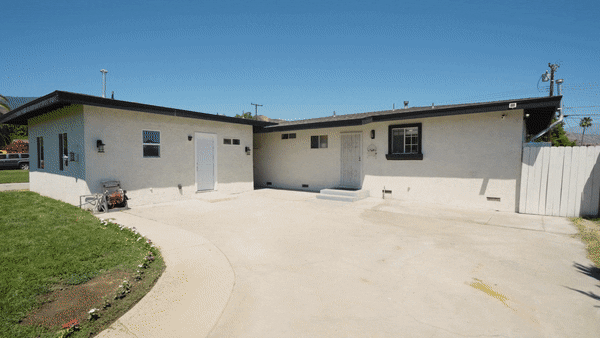
DeKalb County ADU Regulations: What Homeowners Need to Know
May 9, 2025
A comprehensive guide to DeKalb County's specific ADU regulations, opportunities, and limitations for homeowners considering an accessory dwelling unit.
Read More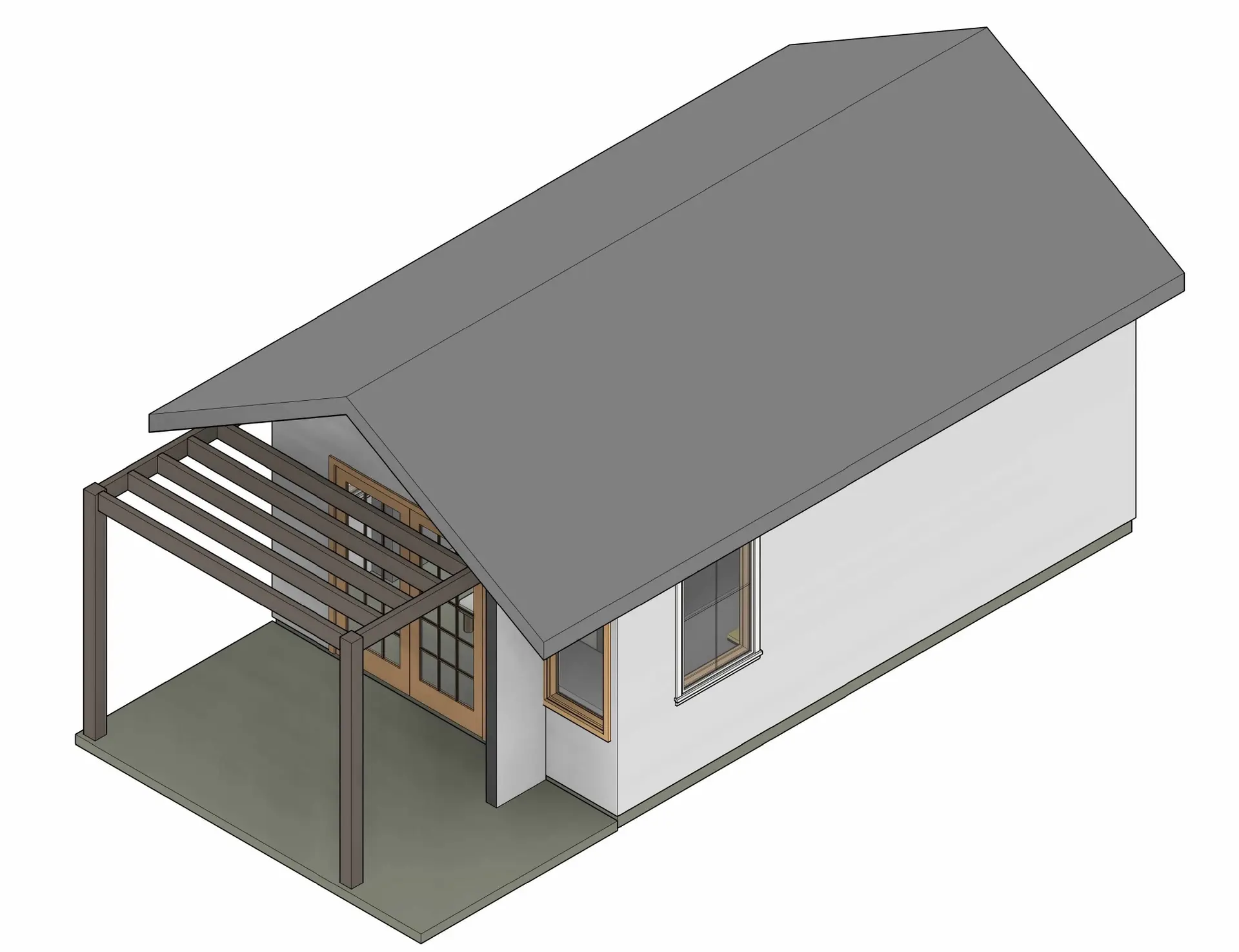
Exploring Fulton County ADU Options: Designs, Styles, and Costs
May 9, 2025
Explore the various ADU styles, designs, and cost considerations specifically for Fulton County homeowners interested in building an accessory dwelling unit.
Read More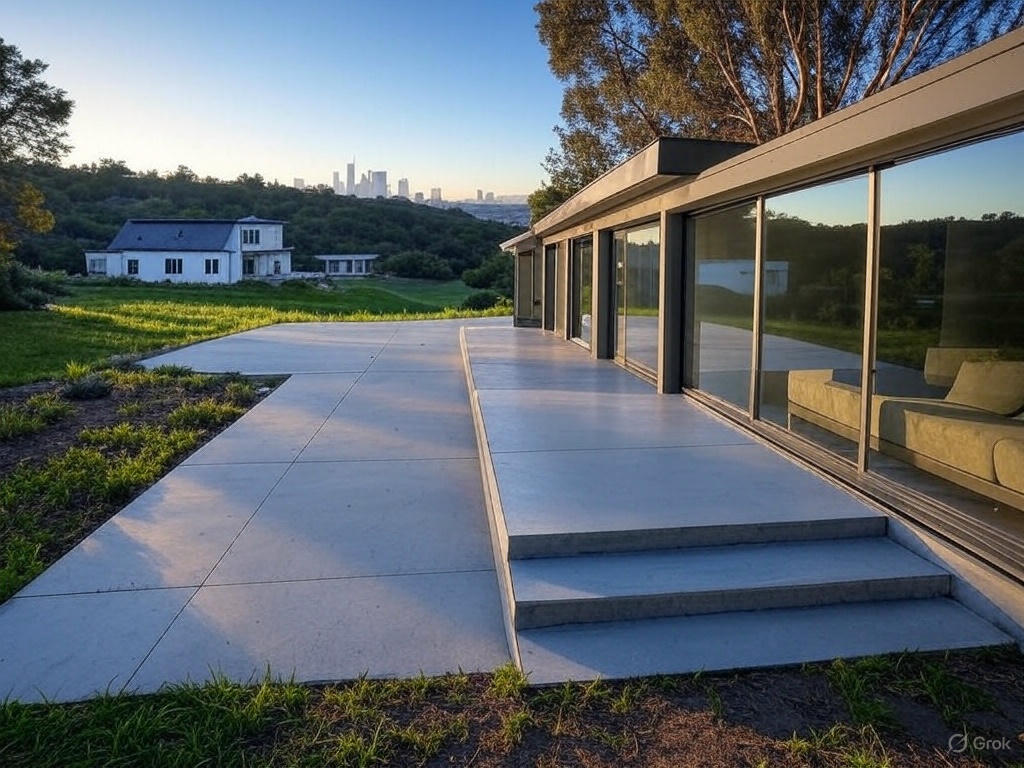
Comparing ADU Floor Plans: Finding the Perfect Fit for Atlanta Properties
May 9, 2025
A detailed comparison of popular ADU floor plans ranging from 300-750 square feet, with insights on maximizing space for Atlanta metro area properties.
Read More